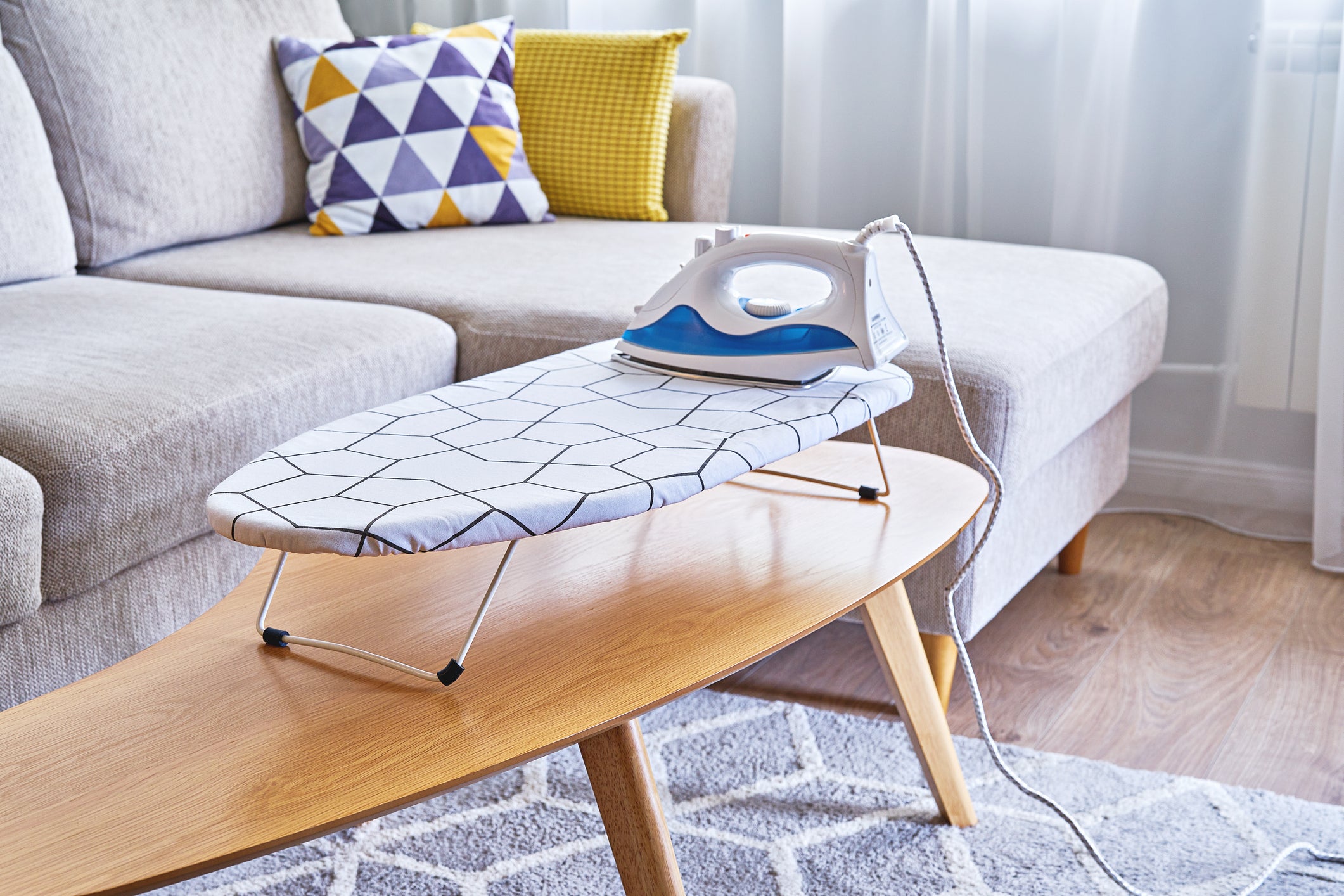Britons are ditching sourdough for plain white bread, research finds
Sales of white bread rose by 17 per cent in the past year

Your support helps us to tell the story
From reproductive rights to climate change to Big Tech, The Independent is on the ground when the story is developing. Whether it's investigating the financials of Elon Musk's pro-Trump PAC or producing our latest documentary, 'The A Word', which shines a light on the American women fighting for reproductive rights, we know how important it is to parse out the facts from the messaging.
At such a critical moment in US history, we need reporters on the ground. Your donation allows us to keep sending journalists to speak to both sides of the story.
The Independent is trusted by Americans across the entire political spectrum. And unlike many other quality news outlets, we choose not to lock Americans out of our reporting and analysis with paywalls. We believe quality journalism should be available to everyone, paid for by those who can afford it.
Your support makes all the difference.Britons are parting ways with their lockdown lifestyles, ditching sourdough for plain white bread, according to a new report.
While multiple lockdowns saw many take on the challenge of baking artisanal breads at home and turning their overripe bananas into banana bread, people opted for comforting and quick meals in 2021.
As per John Lewis’ annual “How we shop, live and look” 2022 report, the retailer sold 63 per cent more toastie makers last year. People were also less concerned about how they stored their shop-bought bread, with sales of bread bins down by 42 per cent.
Waitrose reported a 17 per cent increase in the sale of white bread, which may also be a reflection of the cost of living crisis, with its white bread costing more than £1 less than its sourdough.
Other indicators that people are moving away from their pandemic lifestyles include a 95 per cent increase in sales of boyfriend jeans.
The retailer said that while this suggested people “went back into the world”, remnants of their lockdown habits remained as they opted for a relaxed-easy-to-wear option over tighter styles.
As people returned to the office, demand for shapewear and bras rose, as did sales of blazers (75 per cent) and ironing boards (19 per cent).
Travel accessories are also on the rise, with sales of laptop bags up 20 per cent and travel mugs by 65 per cent.
Earlier this year, the National Dog Survey by the Dogs Trust revealed that 23 per cent of dogs currently owned in the UK were acquired during the pandemic.

This was reflected in Jon Lewis’ report, with sales of pet accessories doubling in 2021. The retailer said more people bought items for “dressing up” their pets, while the number of customers taking out pet insurance increased by 50 per cent.
The change in shopping habits also signals a shift towards a “moments economy”, with more people spending money on occasion wear, champagne glasses and perfume.
The retailer said Covid-19 had made the public “more aware of the fragility of life” and highlighted “the importance of each and every moment”.
“Once satisfied with slogging away for a retirement clock and a pension, now we won’t put off our happiness until tomorrow,” the report said.



Join our commenting forum
Join thought-provoking conversations, follow other Independent readers and see their replies
Comments